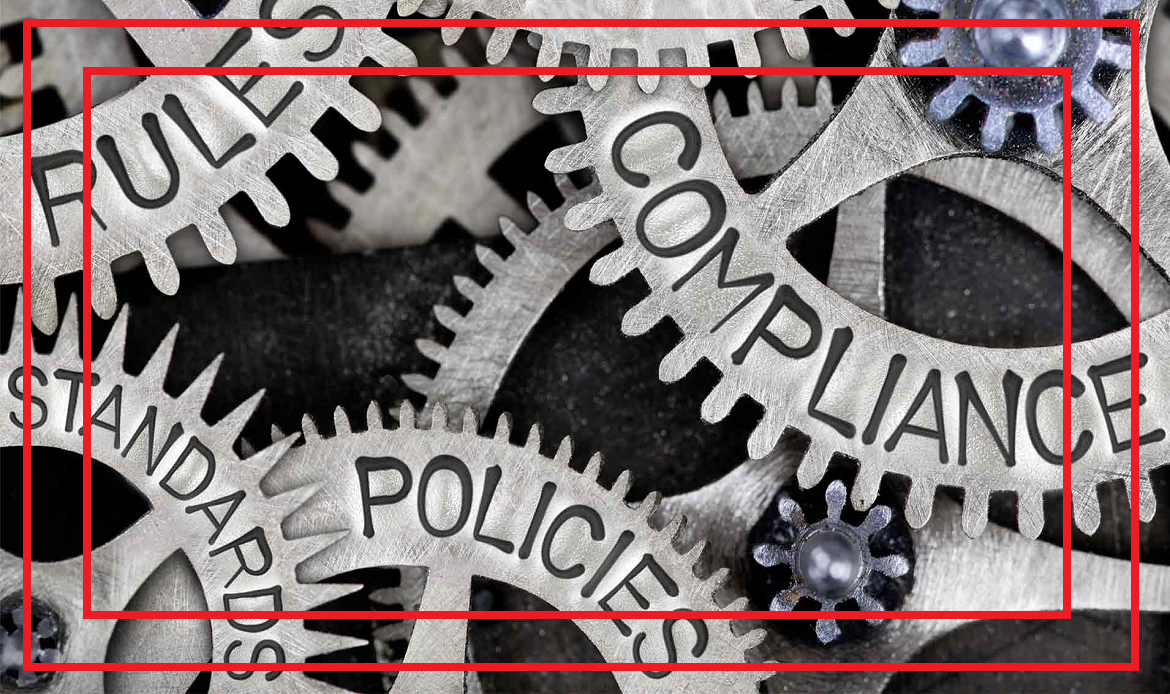Bank assets are the assets that a bank holds on its balance sheet (statement of financial position). Bank assets refer to the items owned by a bank that help it operate and offer its services to the customer base. Bank assets are usually concentrated in money-related assets (monetary assets) and the broader category of financial assets (that mainly include loans and financial securities). The difference between a bank’s assets and its liabilities, is capital (equity) representing the net worth of the bank or its equity as a going concern.
Examples of bank assets include loans extended to customers, marketable securities and of reserves of base money (cash and deposits of cash/ credit/ balances with the central bank), investments, tangible assets (real estate holdings, equipment, etc.), and intangible assets (goodwill and similar forms of assets), as well as any prepaid items.
In the case of banks and financial institutions the term reserve may appear on both sides of the balance sheet. However, on the asset side it refers to cash balances (amounts) held with a central bank, while on the liability side (an account that appears on liability and owners’ equity side of the statement of financial position (balance sheet)) it may imply any type of reserves (discretionary and legal/ statutory, etc.) constituting appropriation of profits (earnings and/ or retained earnings) for a specific purpose. It is a component of equity (belonging to shareholders and maybe also to non-controlling interest) that is set aside as appropriation from respective earnings or retained earnings as well as value adjustments relating to respective categories of stakeholders.





